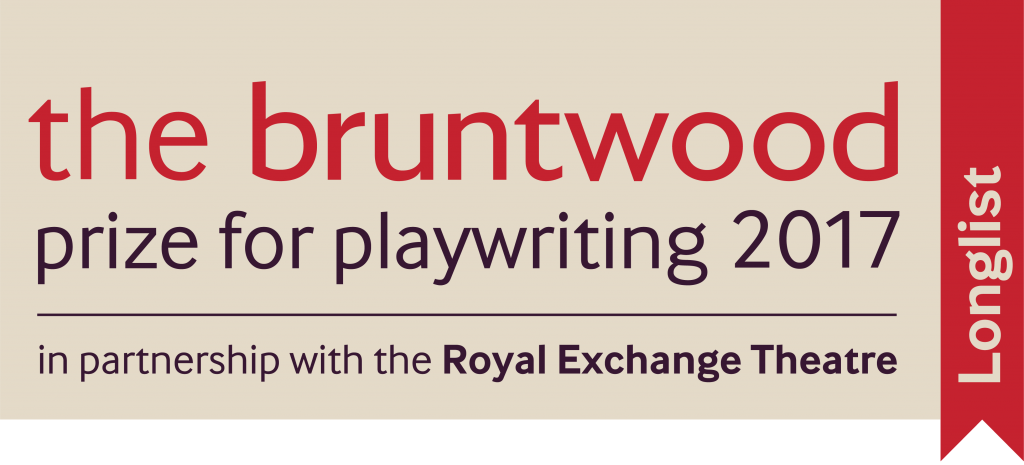Some thoughts on editing
You’ll excuse me a brief hiatus from updating the website, as I got married last month! A busily wonderful time, and for anyone that’s interested we’ve got a little wedding highlights video we’re rather proud of.
Now I’m back to work, editing the new play I mentioned a few months ago. Editing is often thought of as the weary slog that follows the creative burst – some perspiration to balance your inspiration – but I feel this is unfair. A good edit can be every bit as creative and rewarding as the initial act of writing.
I think this misperception comes from the sense of pressure that hangs over every word when you’re deciding what to keep and what to cut, the idea that you may have to change everything, and that your work will never be done. And perhaps also the pernicious thought that a good writer would simply get it right the first time. Not so. A proper edit is really the triumph of your writing process, revealing the hard edges of your work to make it shine. It’s the chance to make sure you’re saying what you really meant to say.
A few simple rules can help get your editorial ball rolling. The following thoughts are drawn from my recent experience editing the play, but they can easily be extended to other forms of writing.
To start with: take out any words you don’t need. This may make your work shorter but, almost always, shorter is better. The words you don’t need are getting in the way of the good bit. I’m not saying you should get rid of any elaborate language: verbal dexterity is often quite necessary to deliver your point or particularly in drama to say something about the character using those words. Different characters have different ways of making themselves known, or of failing to.
The advice is really to find the purpose of your words, and be ruthless. Does that line reveal something about the plot, about a character or about the relation between two characters? Does it create an essential setting or mood? Could the line be shorter and still make its point? Could that point be made through action instead?
Many times when I’m reading through my work I’ll come across a line or a phrase that troubles me. I’ll look at a sentence and feel there’s something not quite right with it without being able to say why. I might then tinker with the sentence, change the order, substitute some synonyms, but invariably the breakthrough moment comes when I say to myself, ‘actually, do you need that sentence at all?’ There’s a tremendous sense of release that comes with ridding yourself of a bad line.
Your edit is also your chance to jump between the level of close detail and the wider structural level. If you’re only agonising over individual lines you’re not stepping back to feel the shape of the whole drama. As best I can, I will take the audience’s point of view and ask myself where the peaks are coming, and do they feel right? What is the effect I’m trying to create on the audience through the dramatic shifts?
One question that always arises for me from the structural perspective is: can I start further in? Do I need my opening section at all? Often the writer is desperate to set the scene in the opening pages, or there’s a process of warming up, preparing for the real action. All of which is of far more value to the writer than to the audience.
By all means use these pages to help you get started with your first draft, but the edit is where you can let them go. From the audience’s point of view a little disorientation in the opening scene is a good thing, it hooks their interest. They are stepping into a conflict already in progress – the world of the play exists before the audience’s window into that world opens.
If you start a little further into the action you can exploit the natural human propensity to try and catch up, to fill in the blanks, to want to take sides. Trust that your audience will understand what is going on, and you can deliver the detail along the way.
Next time I’ll follow this train of thought with some observations about editing dialogue in particular. How can you make sure your characters are speaking believably while still saying the things you need them to say?
